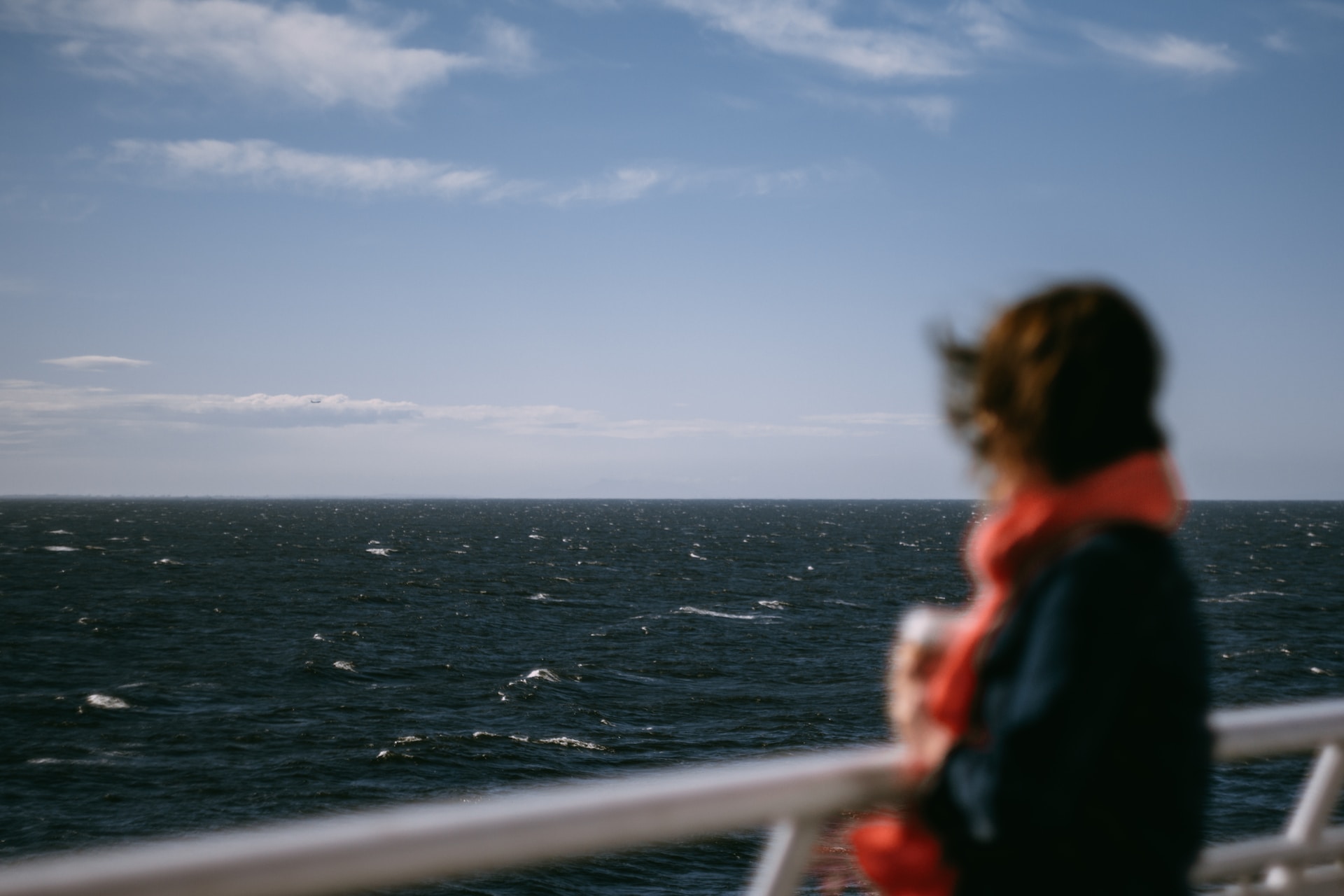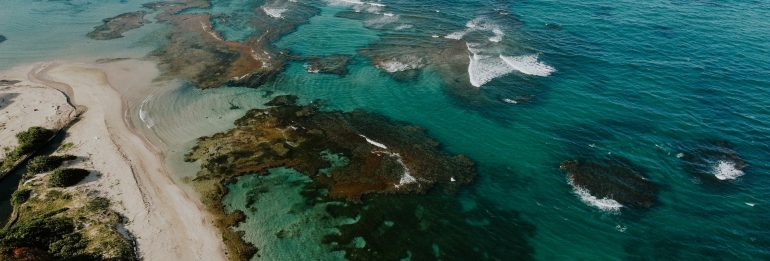In what many are calling a major recent maritime catastrophe, Sweden's coastguard is urgently addressing a massive oil spill. The TT-Line ferry Marco Polo hit shallow waters early this past Sunday, causing widespread concern in the naval sector. The ferry left behind a long stretch of diesel spillage before coming to a halt, posing a direct threat to the surrounding aquatic life. Due to the severity of the situation, the coastguard has initiated a criminal probe to determine the reasons behind the leakage.
Immediate Evacuation Ensures Passenger Safety
The vessel, which was packed with 75 passengers, witnessed an immediate evacuation. The swift action ensured that no passenger was harmed during this unexpected incident.
Details of the Deviation
The Marco Polo ferry, renowned for its service between Trelleborg and Karlshamn, met with the accident south of Karlshamn. Jonatan Örn, the senior coastguard investigator, revealed that the ferry's deviation from its standard route caused this mishap.

The Baltic Sea bore the brunt of the spill, with the fuel reaching the coast by evening. Örn emphasized, “Investigators are on site, working diligently to determine the accident's circumstances.”
Hurdles in Cleanup Operations
The fuel spill's extent became a challenge for the cleanup teams. Erik Svensson, the coordinator of the operation, stated, "The spill stretches over five kilometres out at sea." Further complicating matters, the diesel reached the municipality of Sölvesborg, alarming the authorities in the southern Blekinge county.
The Swedish Civil Protection Agency (MSB) has been roped in, with plans to initiate the decontamination process by Monday. However, the thick fog enveloping the region hampered the initial assessment, making it challenging to grasp the spill's full extent.
Despite these challenges, Svensson remained hopeful, noting, "We have so far recovered two cubic metres of oil, and the current estimates are based on aerial observations."
Assessment of Ferry Damage
The ferry's condition remains a significant concern. While the company confirmed that they, along with Swedish authorities and TT-Line's shore team, are assessing the damage, preliminary reports suggest multiple holes in the ferry's hull. Water has reportedly seeped into these breaches. However, in a reassuring statement, Henrik Pahlm, the head of maritime supervision at the Swedish Transport Agency, confirmed that there's no immediate threat of the ship sinking.
Environmental Impact of Oil Spills
Oil spills, such as this one, can wreak havoc on marine ecosystems. Depending on the type and amount of oil spilled, the repercussions can be long-lasting. Marine animals face the threat of inhaling or ingesting the oil, leading to potential injuries. With oil predominantly floating on the water's surface, animals residing near the sea surface or in shoreline habitats are particularly vulnerable.

Furthermore, oil spills can lead to habitat destruction. Wetlands, oyster reefs, and other marine habitats may be lost, disrupting animal life cycles and migration patterns. Such spills can also result in significant shoreline erosion.
As Sweden grapples with this maritime disaster, the world watches closely, hoping for a swift resolution while being reminded of the delicate balance between human activity and nature.
©GlobalCO2.uk





